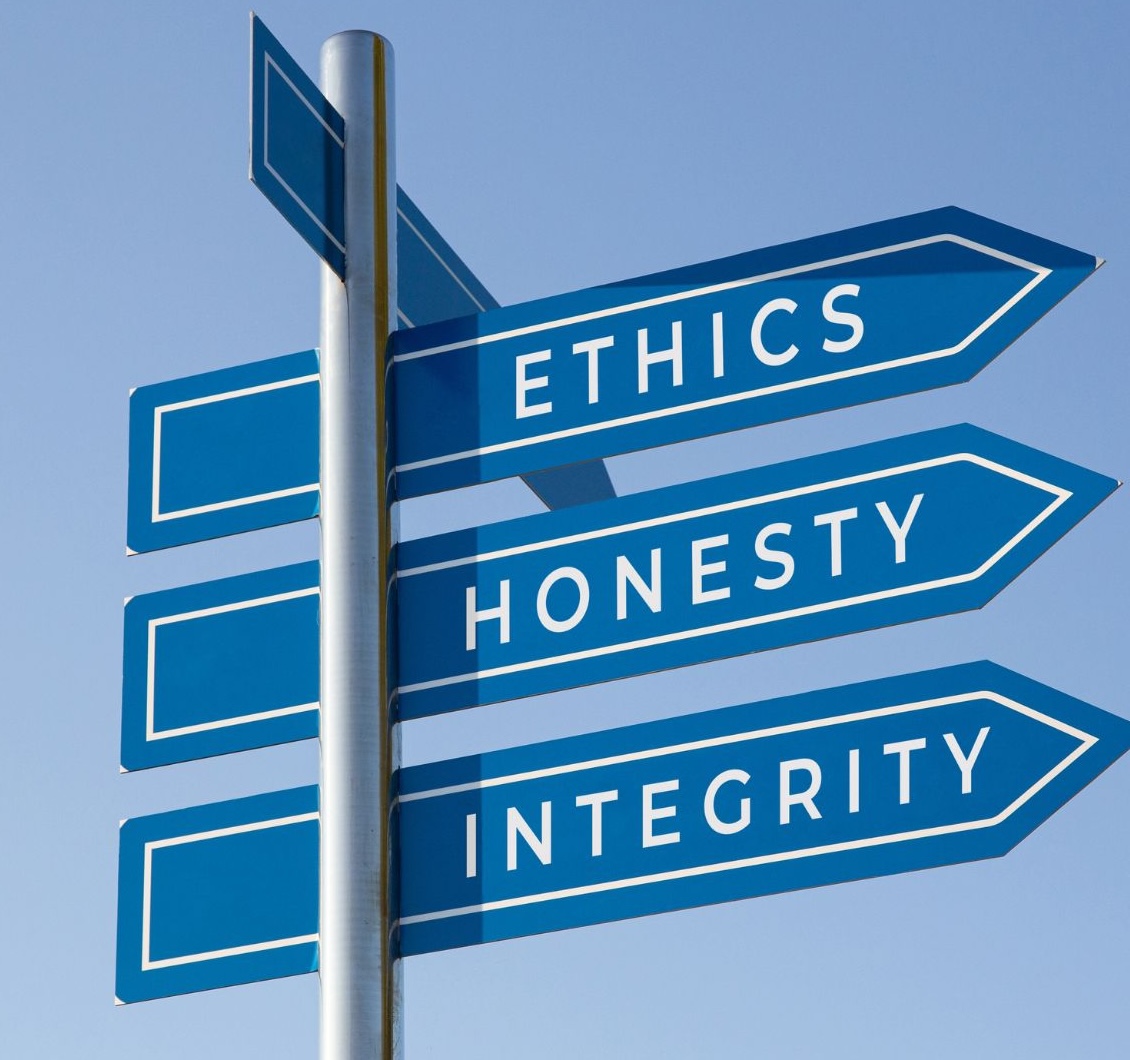There’s a lot that’s still right with Twitter and I’d include tweetchats as one of those things. Tweetchats provide the opportunity to converse with anyone, anywhere, anytime on pretty much any subject you like. There have always been chats concerning public relations and communication and recently I joined the regular #PowerandInfluence conversation run by Ella Minty.
The discussion – and the reason for bringing it here – centred on the question of whether public relations should be regulated. It’s a discussion I’ve had many times over the years (and suspect I will have again) but it got me thinking about the progress we’ve made as a profession and whether now is the hour for regulation. Public relations and communication makes a real difference to organisations of all types. Unfortunately, this can be for good – or for bad.
Anyone can stick a sign on the door saying they’re ‘in public relations’, without qualification, licence or even a basic skill set. They are also able to practice what they believe is ‘PR’ – often not ‘PR’ at all, but a weird publicity-mainstream media hybrid. In this scenario, there is no regulation, accreditation and qualifications are optional and, as a result, there are many people out there providing services that are at best misleading and at worst unscrupulous. That’s a problem for everyone, not just the professional practitioners who have studied hard, gained qualifications, accreditation and subscribe to ethical practice by way of their national association or industry body code of ethics.
Historically, some countries have licensed practice but not without controversy, as, in some cases, government has regulated practice to restrict and control information – again, not as it should be. Personally, I believe we should be regulated but the discussion around what type of model would work will, I suspect, continue for some time. There are models that could be adapted and applied, for instance, here in New Zealand, the real estate industry has an independent regulatory body. Every working agent must gain a licence in order to work, the licence is awarded on successful completion of study, followed by a probation and must be renewed annually. Such a system for public relations and communication management would give assurance of good conduct, improve understanding as to what we do and why we do it and provide a quality benchmark for both recruitment and consultancy. It’s a step forward that is long overdue.

